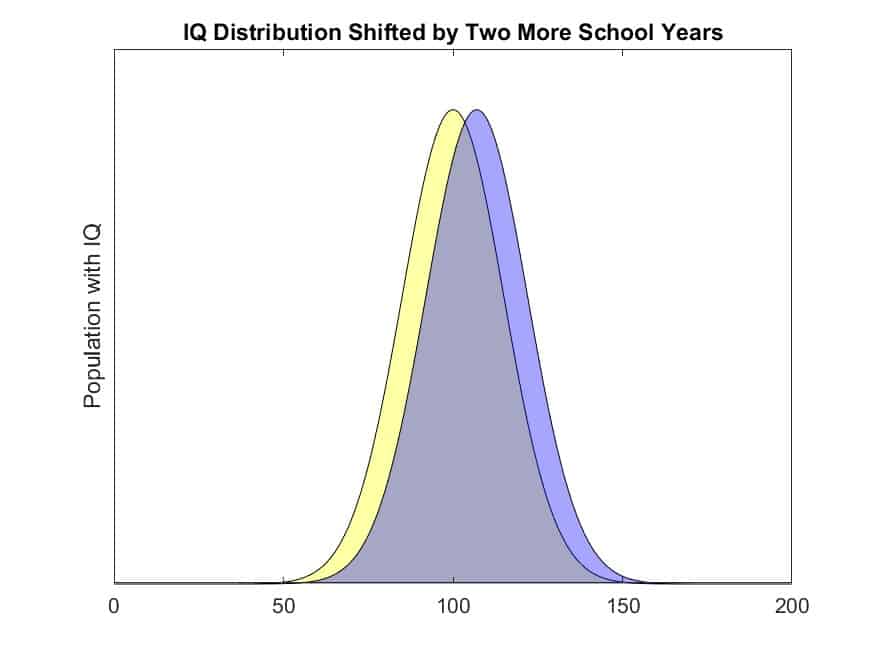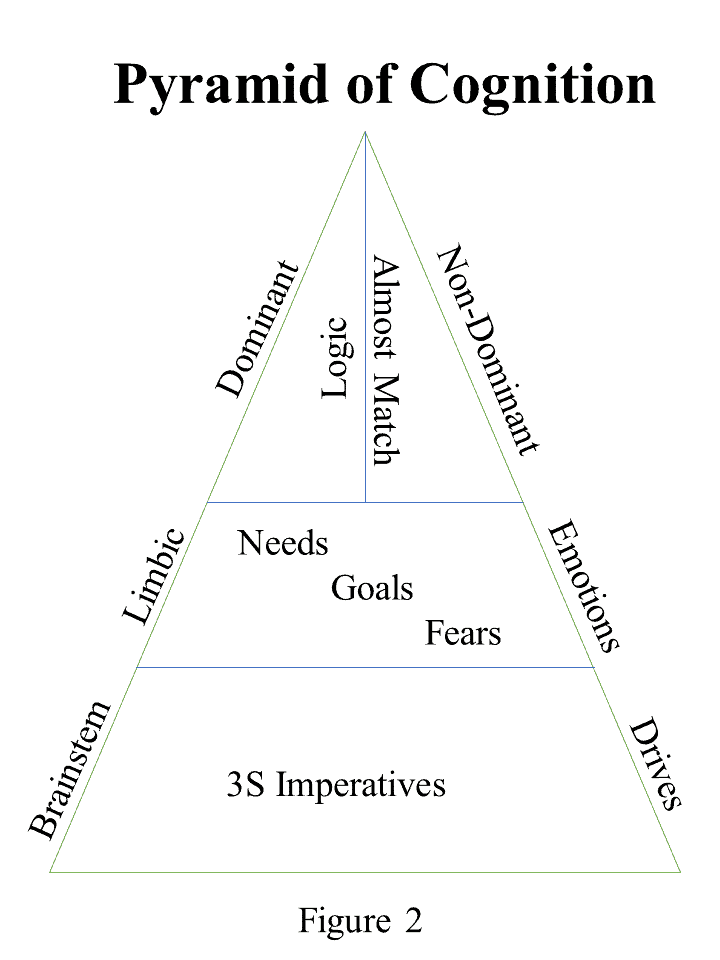Can we increase our IQ?
Published M-Anation Sep 2022
Can we increase our IQ?
Some people say yes. Others are sure you can’t. I stumbled upon evidence that clears the matter considerably. By the way, this little piece will not debate differences between intelligence and IQ. It focuses on IQ, the measurement correlated to one’s ability to deal with life’s challenges.
Stuart Ritchie’s slim, but excellent volume Intelligence, All That Matters presents this informative and convincing example. In the 1960s, the Norwegian government (p. 92) added two school years to the mandatory curriculum. The country implemented the reform at different times in different sections of the country. It occurred in some areas years before it happened in other sections. A fortuitous practice, every male Norwegian takes an IQ test as part of their entry into compulsory army service, tied the difference in schooling to IQ scores.
In 2012, the researchers compared the IQ scores of those males who had two extra school years with the scores of those who didn’t (Brinch and Galloway, 2012).
Intelligence Increase with Schooling
They discovered that those male students with two more years in school scored 7.5 IQ points higher than those with fewer school years. The two pools of tester takers were otherwise the same.
This confirmed the results of previous studies that hadn’t such an elegant separation of education and other factors that contribute to IQs, such as different social strata, home environment, and enrichment opportunities. Education causes higher IQ scores.
Flynn Effect
The Flynn Effect—IQs have been rising 3 points per decade—demands consideration in any discussion of IQs increasing. Are we humans getting smarter or is the IQ growth a reflection of the increased education across populations?
IQ Increase
In the figure, the first IQ distribution curve of population with average IQ of 100 is shifted to the right to the second curve with an average of 107.5.
And I think about the contrary when I hear someone called stupid. Perhaps they didn’t get to finish high school or perhaps high school wasn’t a possibility for them.
Who wouldn’t want a society seven and a half percent smarter?










Was the mandatory increase in Norway in the 1960’s from 14 years to 16 year old? Interesting topic.
Yes. You’re right, Nancy. Those two more years in school for young teenagers increased their IQs by 7 points.
When psychometricians compare sub-Saharan African countries with other countries by IQ, they don’t give weight to the difference in years in school.